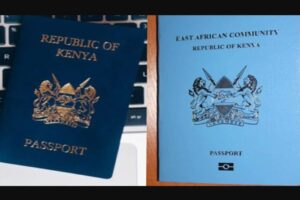High Court has cleared Safaricom of any blame in the infamous SIM swap fraud case that saw one Pennah Wanjiru lose Ksh 21,000 back in 2016.

On the fateful day Wanjiru got a call from an alleged Safaricom customer care staff.
The caller on the other end first identified her by name and asked for mobile phone Personal Identification Number (PIN).
The call lasted 438 seconds (some 7 minutes) and then her line went off.
The hackers cleaned her M-Pesa account and used the Ksh 10 she had in airtime to buy internet bundles.
Wanjiru sued Safaricom and blamed it for alleged negligence and failure to secure her line and money wallet.
The magistrate court and subsequently the High Court, however, dismissed her case and placed responsibility on her.
Justice Hedwig Ong’undi who handled the case at the High Court found that Wanjiru was the author of her miseries as she gave out the critical information to the hackers.
“In the face of all the evidence before the court and on a balance of probabilities, it is clear that the appellant gave out her Mpesa PIN to the unknown person/persons. The respondent had no control over that. It is the appellant who had the control by keeping her PIN number confidential,” Justice Ong’udi argued.
Safaricom’s fraud investigation officer Gideon Mwanzige testified that the SIM swap request came from Mulot, Narok County and was processed by an independent agent.
Mwanzige argued that Wanjiru blundered by disclosing her PIN.
He said a SIM swap is only done if a line is lost, damaged or not working or when doing an upgrade.
He said after Wanjiru’s line was swapped, the new line made several calls, sent some Ksh 10 to establish M-pesa balance and thereafter bought bundles.














